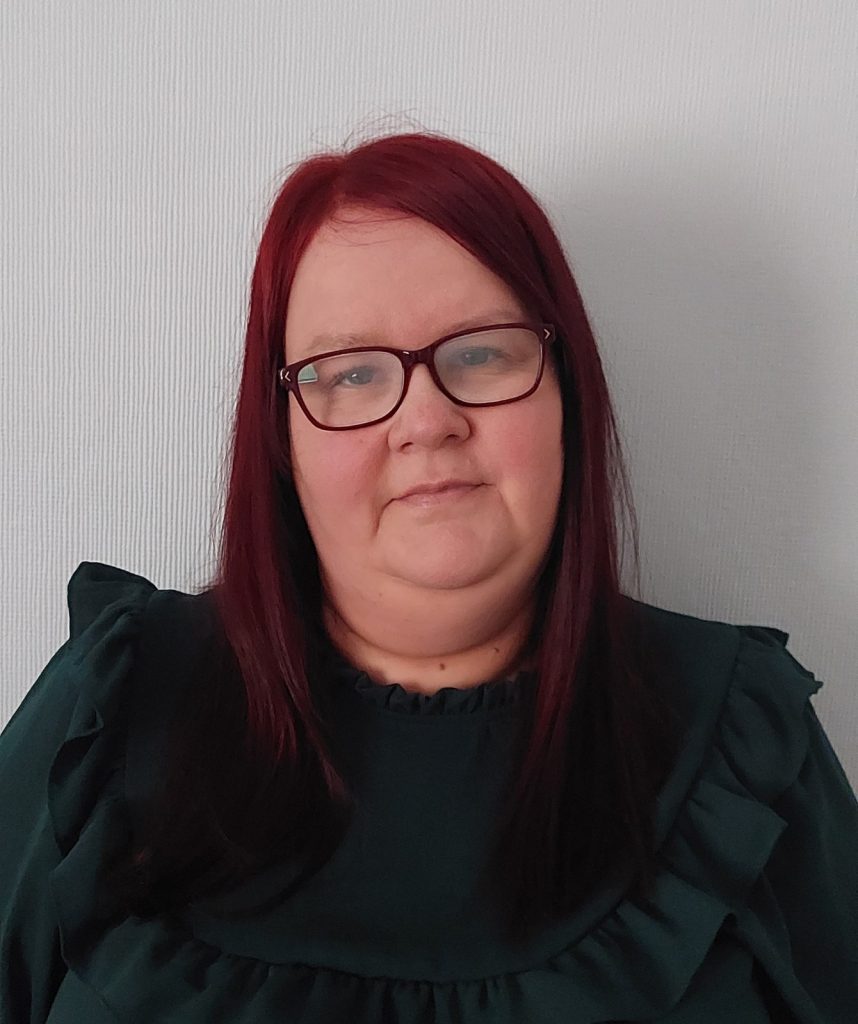Community link workers look at the whole person

Author Leeanne Killen is Community Link Worker/Primary Care Development Manager, North Ayrshire Health & Social Care Partnership.
Health is impacted by a wide range of factors that are not always medical, including isolation, money worries, housing issues, self-management, work, and lifestyle. Leeanne Killen gives an insight into the workings and benefits of community link workers.
Community link workers
Community link workers are based in GP practices across North Ayrshire and provide non-clinical support to people aged 16 and over who are experiencing any social, emotional or practical issues that may be impacting health and wellbeing.
The service takes a holistic approach when working with people, which means providing support that looks at the whole person.
Once any area of concern has been raised, the community link worker will help the person explore what opportunities are available to them. This might be a social activity group or helping get the right advice in relation to housing, money worries, getting into employment or exploring volunteering opportunities.
The service can also help people set and achieve their goals as well as provide support with self- management of long-term conditions and mental wellbeing.
How community link workers can help
Nicola (this is not her real name) self-referred to the community link worker service following a deterioration in her mental wellbeing that she felt was linked to having fibromyalgia.
We provided information on all available support options which included:
• Lifestyle assessment using Mindwell MOT
• 4 walking consultations as part of our Out and About programme
• Anxiety-management resources on mindfulness, distraction, positive self-talk and goal setting
• Referral to local leisure services for strength-and-balance training
• Referral and support to access a local support group for mental health.
We used the How am I wheel after each consultation to record scores in six key areas:
• Mental health and wellbeing
• Physical health
• Ability to set goals
• Hope for the future
• Confidence
• Motivation.
Nicola noticed improvement in sleep, diet, motivation and confidence. She told us that she found the support ‘empowering. The community link worker simply provided the tools and supported me to reach my goals and start living life again.’ Six months after her first contact with the service Nicola still attended the local support group for mental health, and had made friends there who she met up with socially. She continued to access the local leisure services, but rather than needing home visits, she was able to access their community activities.
Nicola’s Progress
Fourth Consultation
How am I wheel total score: 47/60
Distance walked: 200 metres, 1 rest
Walking aide: not required
Third consultation
How am I wheel total score: 42/60
Distance walked: 150 metres, 3 rests Walking aide: not required
Second consultation
How am I wheel total score: 33/60
Distance walked: 100 metres, 3 rests stops. Walking aide: walking stick used
First consultation
How am I wheel total score: 26/60
Distance walked: 100 metres, 4 rests
Walking aide: walking stick used
This article was first published in Pain Matters magazine issue 83, which covers the whole experience of living with pain, from consultations with GPs, essential information about opioids, preventing pain after surgery and managing the fear that persistent pain engenders.

